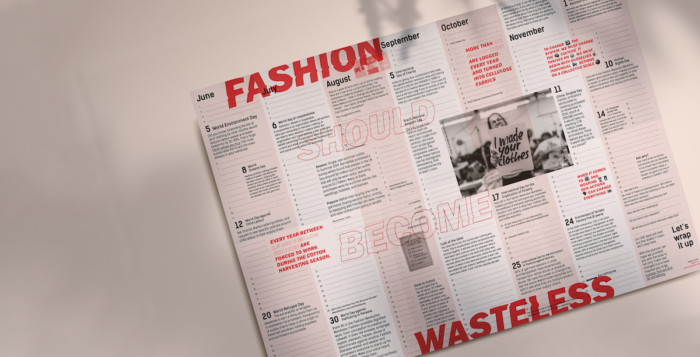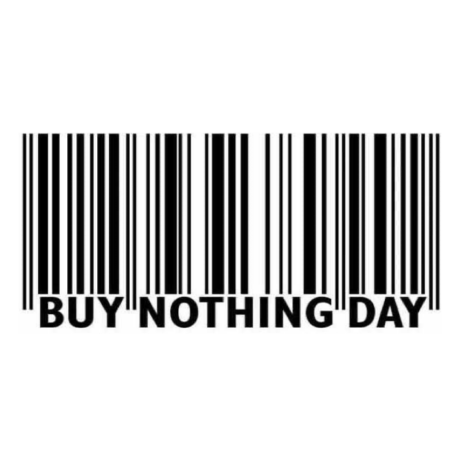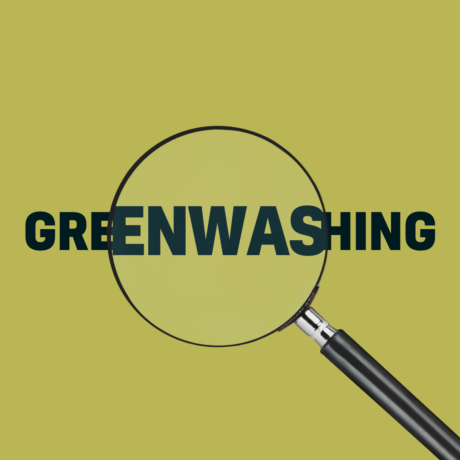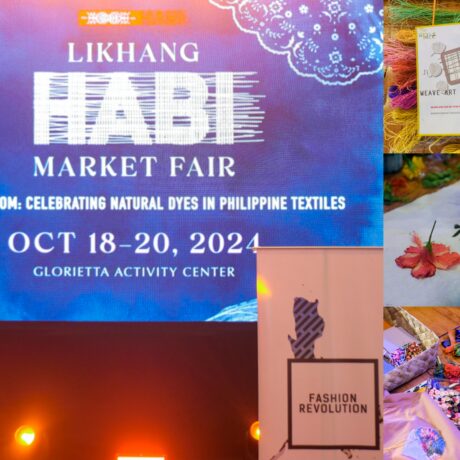2019: A Year in Fashion Revolution
Reflecting on the divisive election at the end of his presidency, Barack Obama told Americans,
“For every two steps forward, it often feels like we take one step back”
It’s these words we’re reminded of when we look back on both the progress and the tragedies that captured the #FashionRevolution in the year 2019. This year we held our biggest ever Fashion Revolution week, with over 500 global partnerships, 1800+ events in more than 60 countries, and more than 289 Million impressions of our #WhoMadeMyClothes hashtag.
At the beginning of the year, garment workers in Bangladesh continued to strike for a higher minimum wage, and when the Bangladesh Accord (the post-Rana Plaza building safety legislation) came under threat, we were reminded of the struggle that remains for basic human rights in the industry.
We saw more people than ever before stand up and take action, not just in the fashion industry, but in climate protests and marches around the world. From Extinction Rebellion to Fridays for Future, 2019 was the year that people stood up to governments’ inaction on climate policy. There were highs and lows. When the UK Environmental Audit Committee published their inquiry on the sustainability of the fashion industry, it appeared that we would finally see policy secure a fairer fashion industry. Yet in June, when the government rejected all 26 of the EAC’s policy recommendations, it became clear that our leaders still don’t take fashion seriously, in spite of its global economic significance and direct correlation to modern slavery.
On the transparency front, we saw unprecedented strides towards open and honest reporting. The launch of the #lowestwagechallenge, the G7 #FashionPact, the @UNclimatechange #FashionCharter were all examples of the industry waking up to the great challenge ahead. And for the first time, the top brands in our annual Fashion Transparency Index scored above 60%.
Yet we still have a long way to go. According to the 2018 ‘Pulse of the Fashion Industry’ report from @GlobalFashionAgenda, one third of all fashion brands have yet to take any action on sustainability. This fundamental lack of accountability and dignity for workers came sweepingly into view when at the beginning of December, 43 garment workers died in yet another industry tragedy.
Nearly 7 years on from the Rana Plaza collapse, too many in the fashion industry still lack basic human rights like safe working conditions, fundamental freedoms, and fair pay. That’s why in 2020, we’re asking you to join us, not just in educating ourselves about the fashion industry, but in making meaningful, revolutionary change. In a moment so desperately in need of activism, making change can at times feel overwhelming. But we believe that we need to pick our issues, educate ourselves, and then get the people around us to join in.
Use your platform to message a big brand, and tell them that they need to commit to producing less, not just improving the sustainability of their goods. Follow up on email and ask your friends to join you. Get offline, and into your community. If you work in fashion, round up your coworkers and start an action group. Organise a clothes swap. Make something.
“I raise my voice not so that I can shout, but so that those without a voice can be heard,”
says Malala Yousafzai. In 2020, join us in #366DaysofRevolution because we don’t have all the answers, but we need everybody on board to drive the change.









